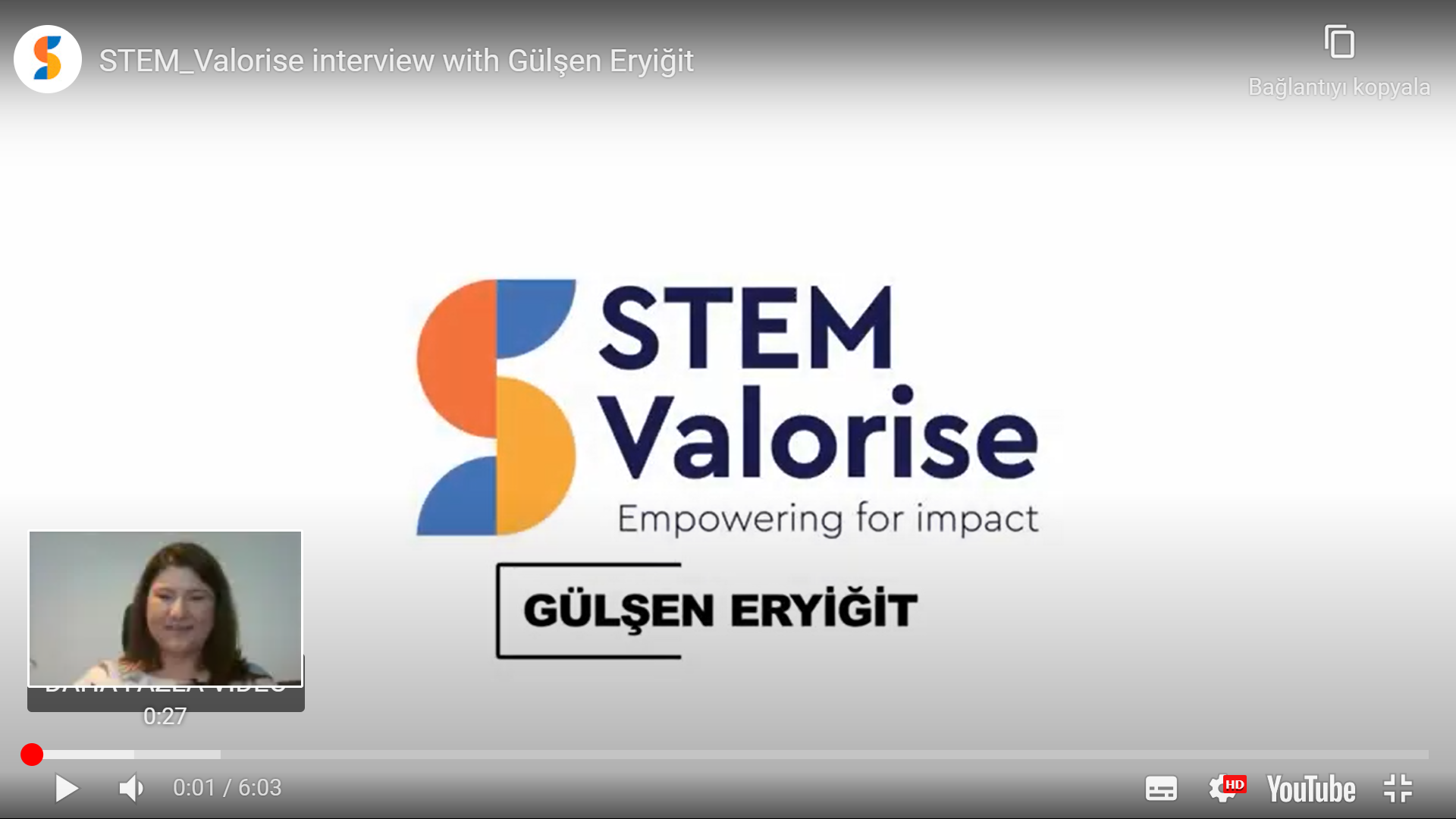
Gülşen’s Background
Dr. Gülşen Eryiğit is currently working as a professor at the Artificial Intelligence and Data Engineering Department, İstanbul Technical University (ITU), from where she received her MSc and PhD. degrees. She is the founder of the ITU Turkish Natural Language Processing (NLP) Pipeline servicing many academic studies in the field. She has been serving as a technical consultant to several companies from different sectors. She also acted as the Turkey’s representative in CLARIN (EU 7th Framework Program, CLARIN – Common language resources and technology infrastructure), EU Cost Actions PARSEME and ENETCOLLECT. Gülşen’s experience of more than 20 years in the field of Turkish language processing technologies make her an expert in the field; she explains her motivation as emotional and predictive. As a young graduate, she did not understand why it was preferable to purchase an item from abroad if it were possible to produce it domestically with Turkish engineers. Consequently, she chose to work with her own language in order to produce intelligent solutions in the field domestically.
Gülşen’s valorisation story
Although ITU’s Technology Transfer Office encouraged Gülşen to build her own company, she was reluctant to take this path because she was afraid of moving away from research. Additionally, she did not want to deal with all the inputs and processes which go into making a business successful. Gülşen prefers to collaborate with other researchers and industry to generate social or economic value from research. For instance, for a collaborative project that focused on children with hearing disability, Gülşen and her NLP team worked with two other research groups specializing in human-computer-interaction and linguistics. The product itself is a new technology that solves reading problems for disabled children. Her team was mainly responsible of producing the technology for the translation, enabling the translation of Turkish texts in children’s books to Turkish sign language.
In order to endow the machine with the capacity to translate, the research team developed machine readable representations for the Turkish sign language. One of the other teams worked on creating an Avatar system to perform the signs so that the children could watch and understand. This project, therefore, represents an example of successful multidisciplinary teamwork. After successfully receiving a patent, this project is now at the stage of commercialization.
Gülşen and her team have made communication between machines and humans natural and efficient. One of their projects is also known as the first licensing success from Turkey to the US through İTU TTO. Developing machines capable of natural language processing is a critical technology that is still evolving in the world today. Turkish, which belongs to a different language family than many other languages, is among the most difficult for machines to learn. When the limited capabilities of the previous versions in the field are considered, this project’s impact has a critical value.
Challenges and advice for future entrepreneurs
In terms of challenges, Gülşen points to a lack of valuable data sets or problems to be solved on the purely academic side. For this reason, she believes that UBC based projects will enable win-win situations in terms of technology transfer and use case gathering. Another challenge Gülşen faced is the short-term orientation of small enterprises and their expectation of getting quick results from the research; this is the main reason that she primarily works with large companies.
Gülşen lists key success factors, especially when building relationships with outside companies, as follows: a good motivation and the energy in the team, university industry collaboration in terms of supporting the graduate theses or engaging in joint research, and a compatible long-term vision of the managers in partner companies. Gülşen thinks that it is important for young people to have an interest in research and hold the belief that they can be successful and develop new technologies from any project.
Gülşen recommends that young researchers in academia or in industry should work in an area that makes them motivated and curious. She sees curiosity and motivation as key and believes that this motivation should come from within. Gülşen closes with a passage from a book: ‘’be careful regarding what you are curious about. If you are prepared to keep on thinking about it for the coming five years, then keep being curious about it, otherwise just let it go.”